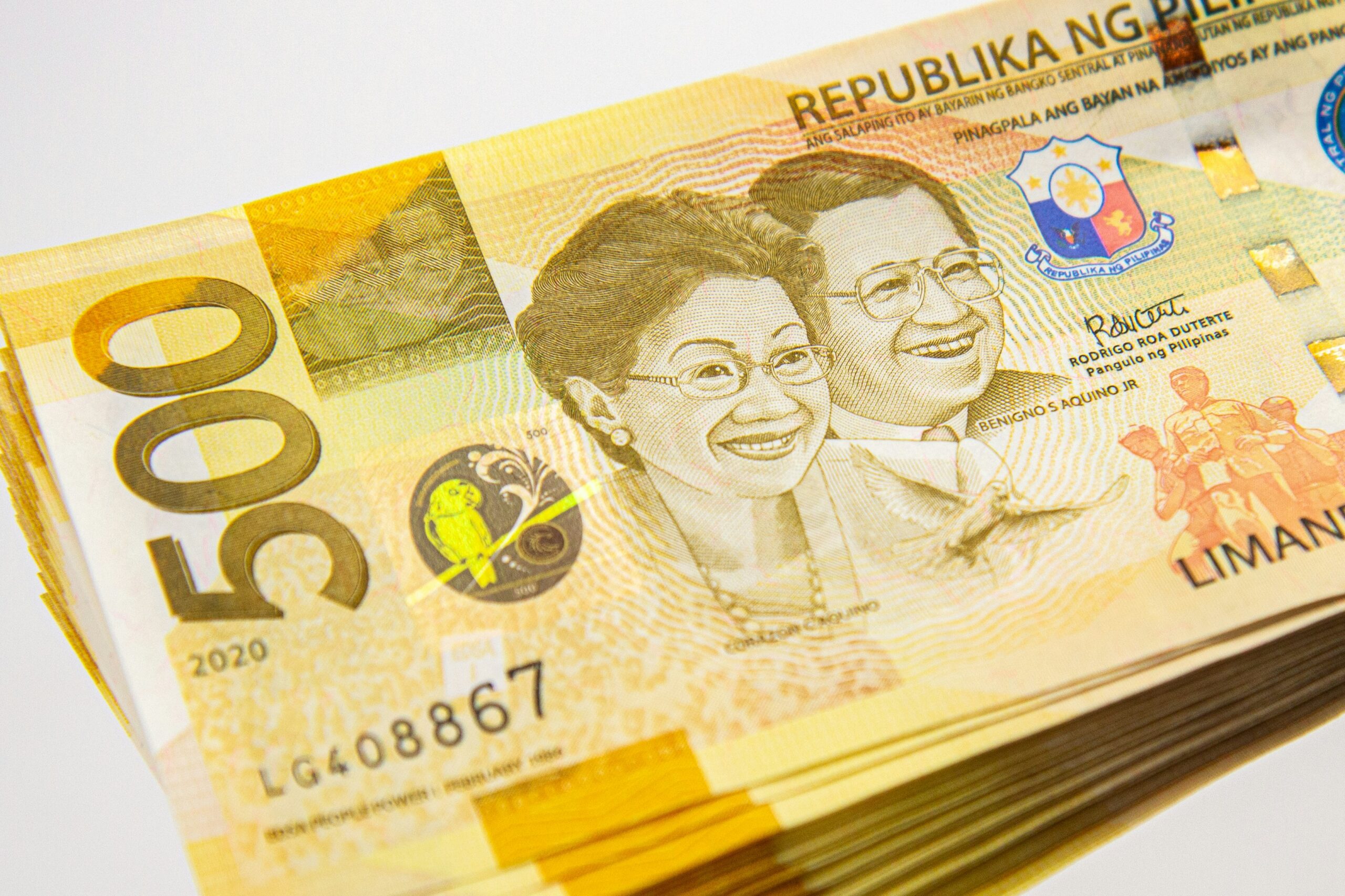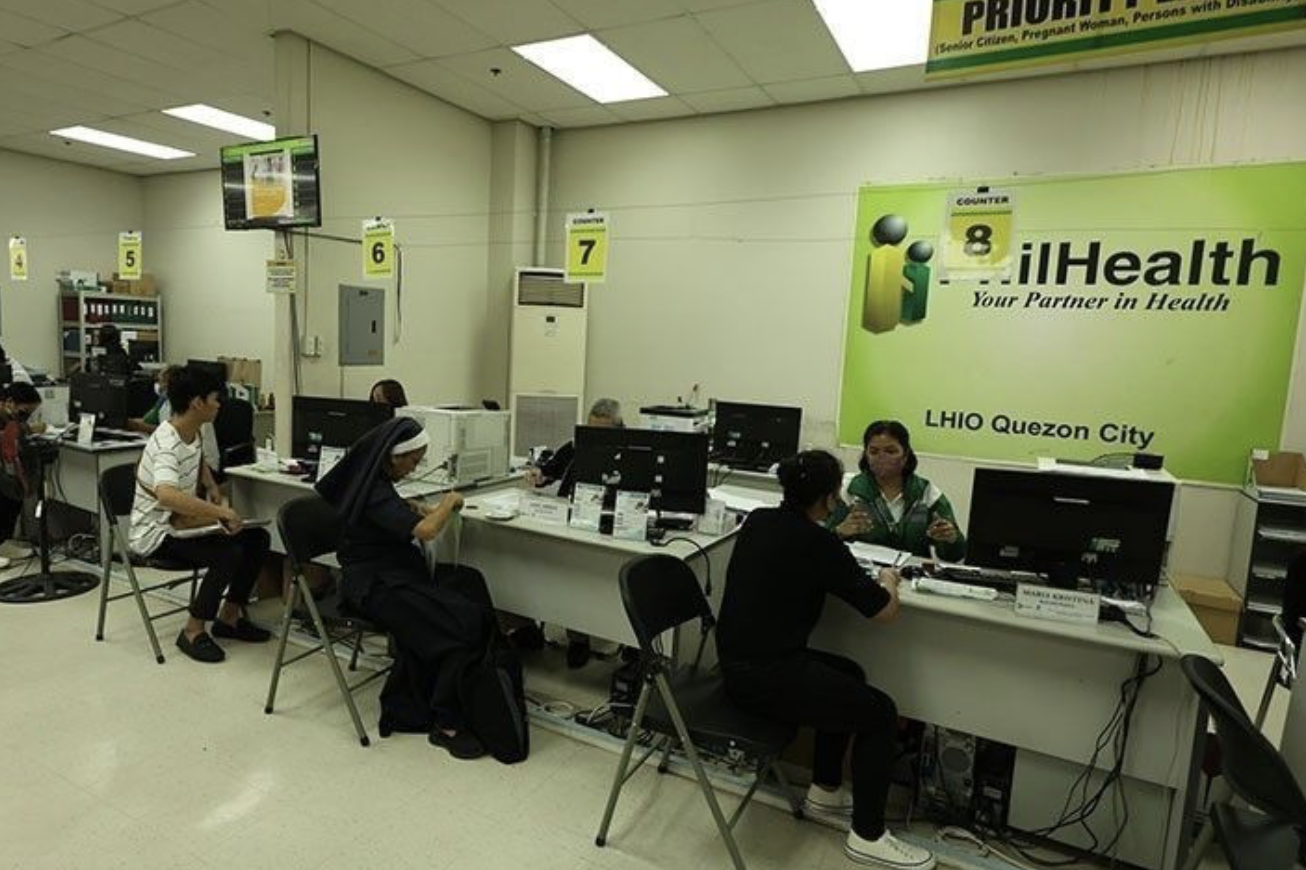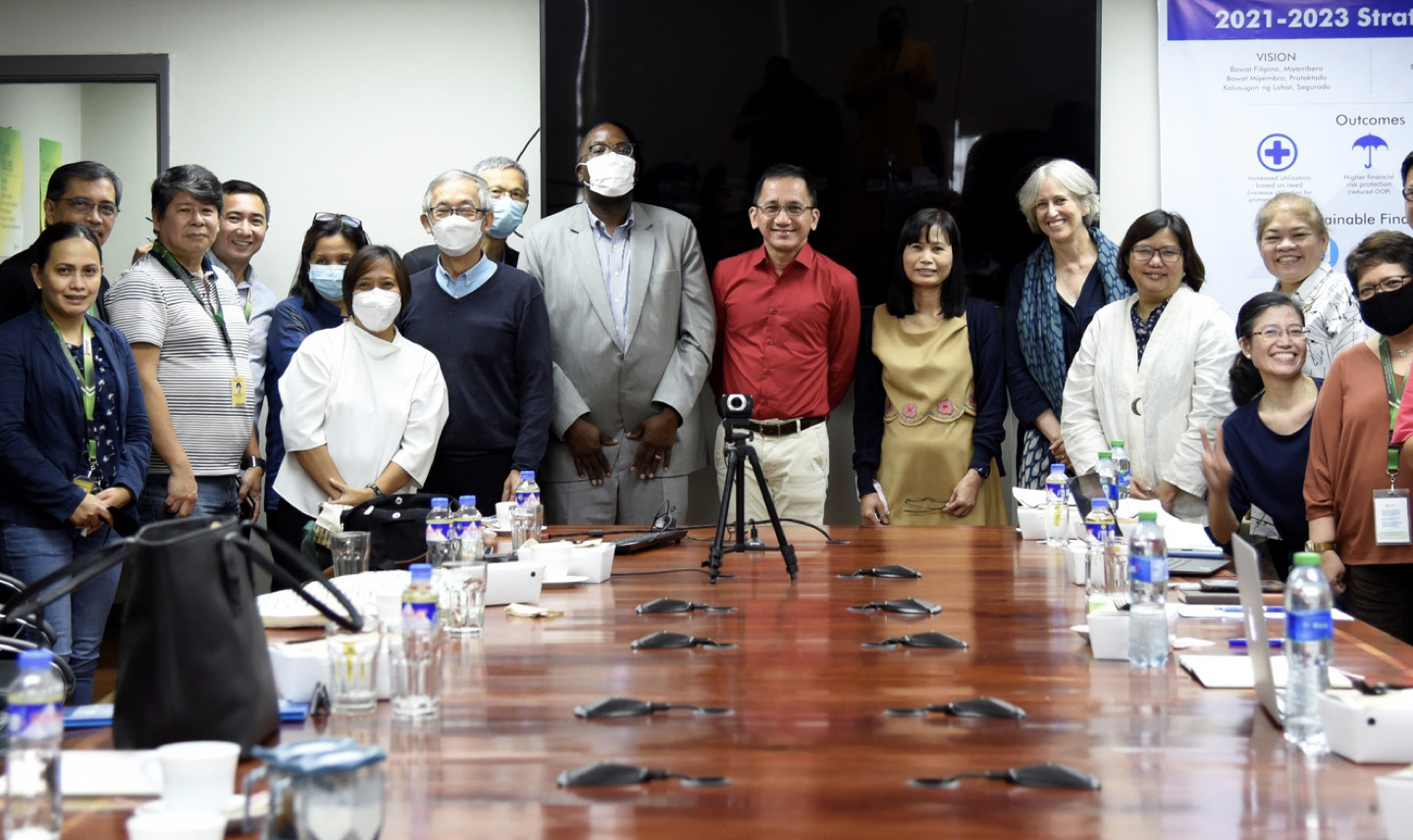The Philippines has over 112 million people on 600 islands. About half the population lives in cities and about half lives in slums. The country has an epidemiological dual burden with morbidity and mortality from maternal, neonatal, and infectious diseases. The number of people living with chronic conditions is rising. Indicators of health status have steadily improved in the last 50 years, but inequality of good health outcomes among socio-economic classes and geographical regions is high.[1]
Total health care spending (6% of GDP in 2021) in the Philippines is on par with its neighbours’, but access to services and quality of care for people living in poverty remain challenges. In 2021, government health expenditure was 50% of current health expenditure (CHE), out-of-pocket (OOP) expenditure was 41% of CHE and voluntary health care payments were 8% of CHE. Catastrophic health spending at the 10% threshold is 6.3%.
Reforms strengthening PhilHealth
In 1995, the Philippines began a universal health insurance programme, PhilHealth. PhilHealth has undergone several reforms to advance universal health coverage (UHC). The government introduced a no-balance-billing system for government hospitals in 2009 and expanded the Health Facilities Enhancement Program in 2011. The Sin Tax Reform Act was passed in 2012. The Philippine Universal Health Care Act, or Republic Act 11223, passed in 2019.[2] The law strengthened PhilHealth by transforming it into a national purchaser of individual-based health goods and services. PhilHealth’s provider payment systems became global budgets of contracted provider networks.[3]
Challenges remain, including high OOP expenditure, supply-side constraints, and barriers to access for people living in poverty.
[1] Dayrit, M.M., Lagrada, L.P., Picazo, O.F., Pons, M.C. & Villaverde, M.C. (2018). The Philippines health system review. Health Systems in Transition, 8 (2), World Health Organization. Regional Office for South-East Asia. License: CC BY-NC-SA 3.0 IGO
[2] Konrad Obermann, Matthew Jowett & Soonman Kwon (2018) The role of national health insurance for achieving UHC in the Philippines: a mixed methods analysis, Global Health Action, 11:1, 1483638, DOI: 10.1080/16549716.2018.1483638
[3] Sigua, Jemar Anne, Madeline Mae Ong, Christian Edward Nuevo, and Matt Boxshall. 2020. “An Introduction to the Philippine Universal Health Care Law. The Philippine UHC Law Series: Brief 1”. Washington, DC: ThinkWell.



